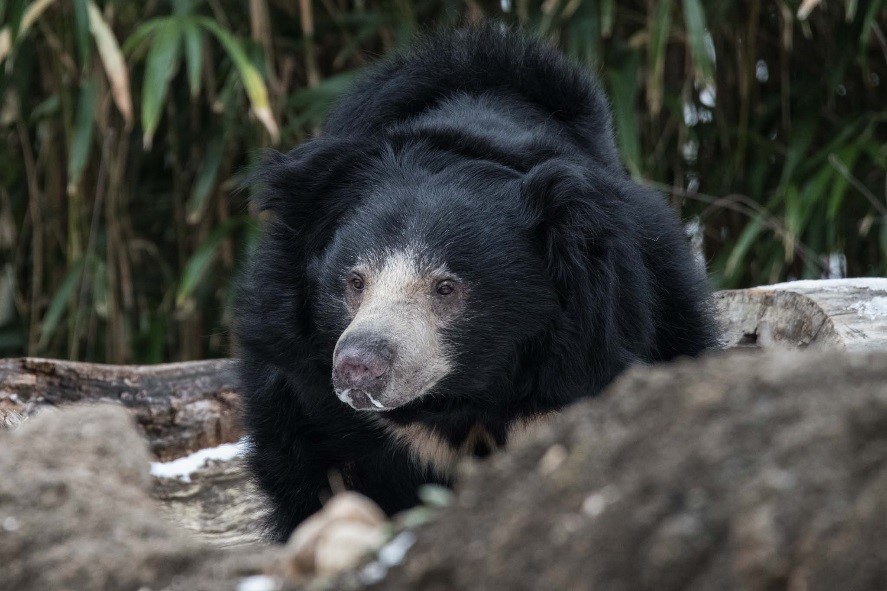WASHINGTON (WUSA9) — The National Zoo said goodbye to a senior male sloth bear, 25-year-old Francois.
Zoo officials said Francois suffered from severe degenerative disc disease in his spine since December 2015. Veterinarians tried to keep him comfortable by administering anti-inflammatory and nerve pain medications, adjusting his daily routines, and altering his enclosure.
Francois began blood-pressure measurement training five months ago, officials said. Keepers noticed his condition was improving following these new treatments. However over the last several weeks, the treatments became less effective and the sloth bear’s condition deteriorated.
On Wednesday, zoo officials said they euthanized Francois.
He lived a long life for a sloth bear. In human care, these bears have a median life expectancy of early-to-mid-20s.
Born at the National Zoo in 1991, Francois enjoyed interacting with visitors and basking in the sun. From 2003 to 2010, he lived at the Little Rock Zoo in Arkansas, where he sired four cubs as part of a Species Survival Plan breeding program.
He came back to Washington’s National Zoo as part of the same program to mate with the zoo’s female sloth bear, Hana. He sired a male bear cub, Hank, in 2012. The following year, he sired three cubs with another female, Khali, but only one survived. It was a female cub named Remi.
This is what was unusual about Francois. Most male sloth bears do not play a role in raising their offspring, officials said. But Francois’s sensitive and social nature made him her companion.
He “helped teach her how to be a bear,” the zoo said in a statement.
As Remi matured, keepers increased the time she spent with Francois and the two cohabitated for the past year-and-a-half, zoo officials said.
While sloth bears are not related to sloths, they were given that moniker by English settlers because of their dark, shaggy coat and long claws.
Native to India, Sri Lanka and Nepal, sloth bears are considered “vulnerable to extinction” by the International Union for Conservation of Nature.
Fewer than 20,000 sloth bears remain due to habitat destruction and increased agricultural activity.
A final pathology report will provide more information on Francois’s condition at the time of his death.
Visitors can see Hana, Hank and Remi at the National Zoo’s Asia Trail exhibit.


